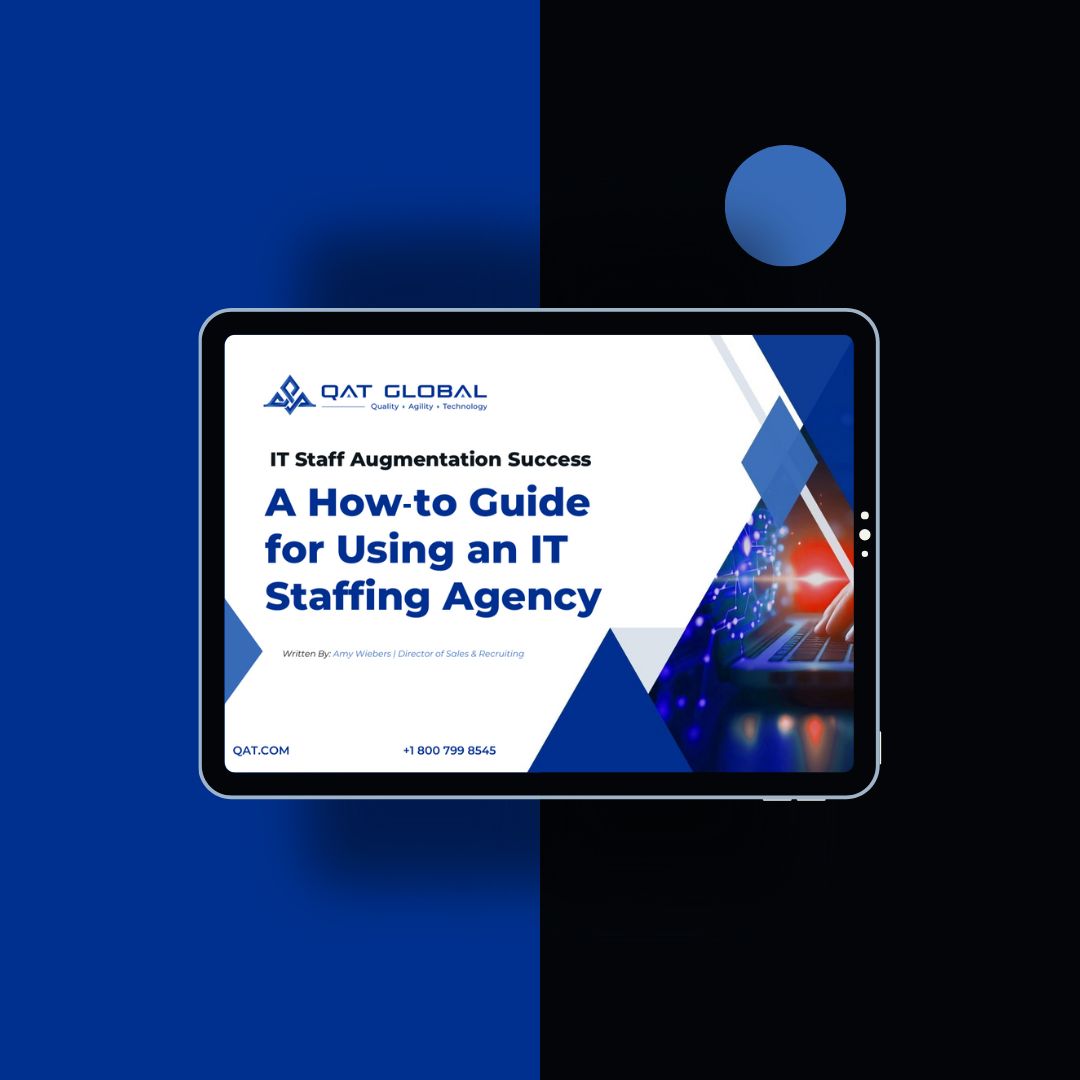Discover the impacts artificial intelligence is having on these key business industries
We’ve all seen the movies, AI (artificial intelligence) is looked upon as the eventual downfall of all humankind. Though the plots of these films may seem like science fiction, the technology used is not far behind. Does this mean we should be concerned for our lives? No, but you might want to start thinking about the potential of AI and how your industry, company, and job will change.
AI doesn’t fall under just one category of technology. Rather, it is a culmination of advanced technologies. Companies are beginning to harness the abilities of these technologies to enhance their competitive advantage.
The recent advances in AI technology have started to change the way major business industries operate, and it’s only going to increase in speed and scale. To give you insights into the reality of AI’s current impacts and potential, let’s take a look at six of the key industries being revolutionized by AI technology.
Finance/Banking
AI has the potential to change how banks process information. Banks have begun to use robotic process automation (RPA) to process standardized information in fields like reconciliation and consolidation. In the future, financial institutions will be able to use AI to complete quarterly earnings reports and intercompany reconciliations.
They will also play an active role in strategic functions. AI capabilities will allow firms to complete financial analysis, asset allocation, and forecasting in real-time. This changes the ways financial advisors and investment firms approach potential clients.
Utilities/Energy
AI algorithms can be used to accurately sift through signals and noise to decrease drilling in dry areas. This allows energy companies to reduce unnecessary drilling while increasing operational efficiency.
AI technology can also be used to complete unreliable or incomplete data sets. This can be used to help decipher useful data within areas like reservoir characterization, infill drilling, and well simulation.
Lifesciences/Healthcare
AI applications can serve as health assistants that can handle a majority of clinical and outpatient services like checking vital signs, asking questions, and giving prescriptions.
AI developers have created mobile medical apps that provide basic healthcare. These chatbots can ask users how they are feeling and uses their symptoms to provide accurate and easy-to-understand information on their condition.
Government
AI technology can reduce backlogs, cut government spending, free workers from mundane tasks, and increase the accuracy of projects and projections. It allows government workers to expand their capabilities, like sift through millions of documents in real-time.
The U.S. postal service is using AI technology that can analyze human handwriting to sort mail by ZIP code. Some of these machines can process 18,000 pieces of mail an hour. These types of applications are best served for repetitive and necessary tasks.
Agriculture & Biosciences
Farmers are utilizing AI technology to optimize their crop management practices. Developers are combining sensors and robotics to work as fleets of field robots that can improve crop breeding, growth, and harvest yield. These robots can help farmers make smarter management decisions that save them time and money with their available resources.
Mobile field robots have the ability to create visual surveys of the farming area. This allows farmers to predict their expected yields accurately, and suggest future crop rotation strategies for the next growing season.
Transportation & Logistics
AI is being used to optimize delivery routes. U.S. traffic congestion typically costs the trucking industry roughly $50 billion U.S. dollars per year. There are systems being developed that can suggest optimal routes in transit, and other applications can predict shipping demand to simplify distribution networks.
Let’s not forget about autonomous trucking. There have been major improvements and advancements in driverless truck driving. Shipping companies are beginning to plan for their implementation in their distribution networks by as soon as 2020.
Key Takeaways
Does this mean humans should be concerned that artificial intelligence technologies will make them obsolete? No, but it does mean that now is the time for industries, companies, and professionals to get involved and help design the future of work in order to maintain or build their competitive advantage. Putting AI’s capabilities to work for you will enable you to make better decisions, use resources more efficiently, reduce risk, and innovate faster. Those that embrace AI technology and learn to leverage it today will be the leaders of tomorrow.
Ready to put AI to work for you? QAT Global is here to help you leverage artificial intelligence in custom software applications. Start the conversation today with our team to see how this technology can lead the way to a better future for your company.
Thank you for reading this article! If you enjoyed it, please share it with your colleagues, connections, and friends.
















